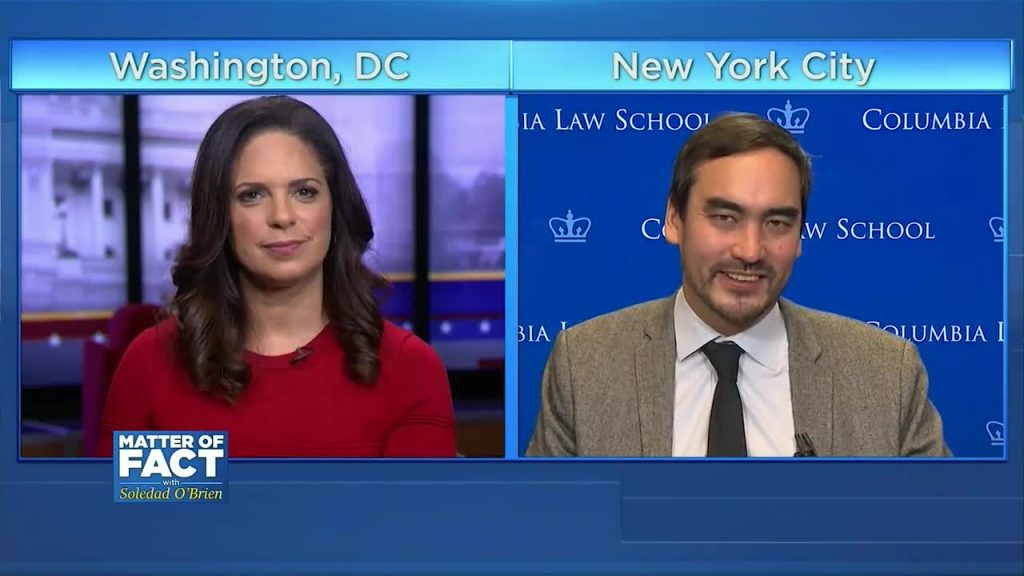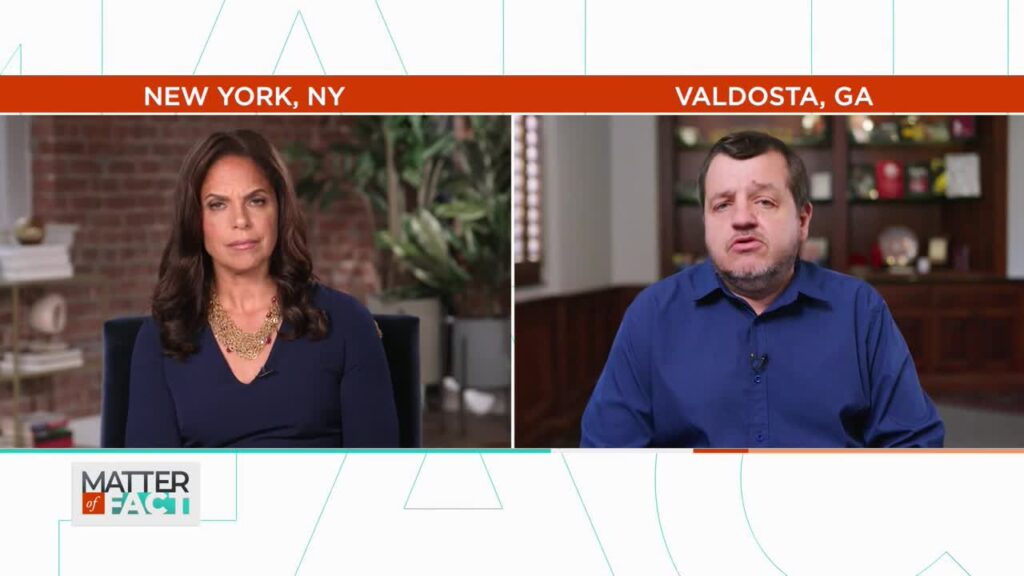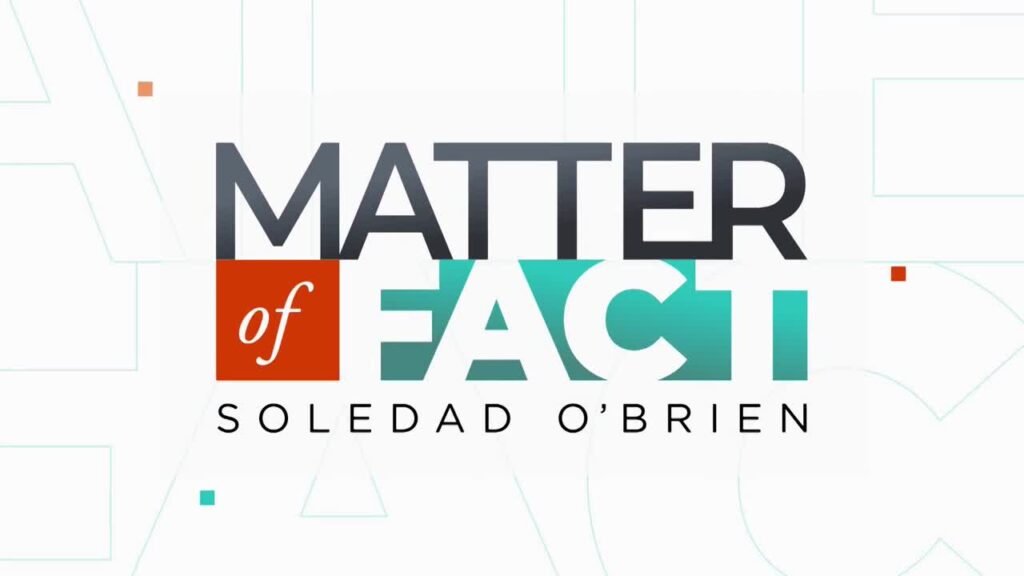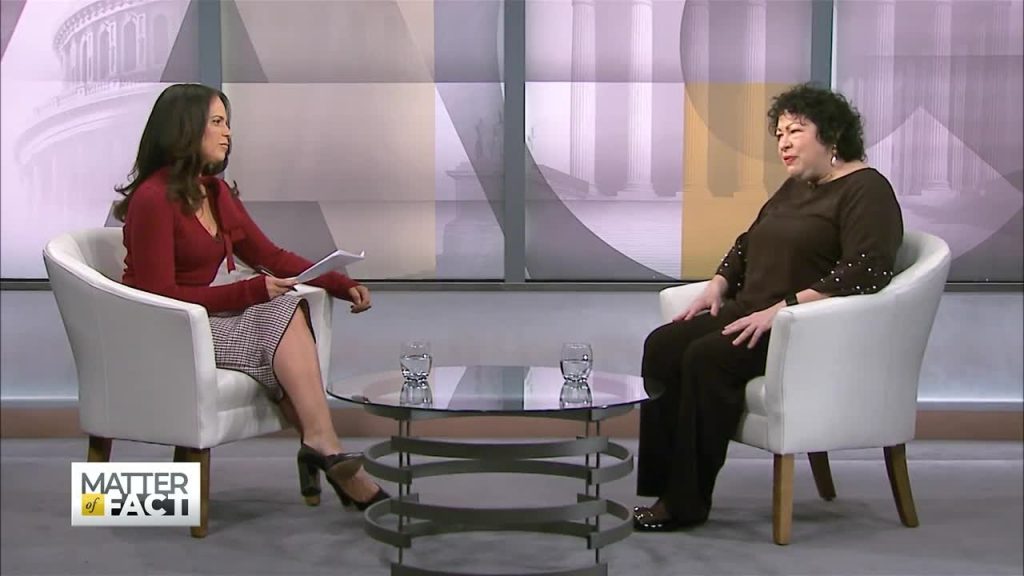Net neutrality, the policy that has governed internet providers for the past 15 years, is expected to be rolled back in two weeks when the FCC votes on the proposal. Without those regulations, internet providers – such as Comcast, Verizon, AT&T – will be able to prioritize, slow down or even block certain websites and apps. They’ll also be allowed to charge content producers like Facebook or Twitter to present access to users, and charge users more for access to sites or apps they want to use. Supporters say this will increase revenue for internet providers, enabling them to improve the services they provide. Critics, such as Professor Tim Wu who coined the term net neutrality, says it could be the end of the open internet, with repercussions for the development of the internet economy. He joins Soledad O’Brien to explain the impact to consumers, e-commerce and democracy itself.
Would less regulation lead to better service? See our extended interview.

WEB EXTRA: Regulations on Net Neutrality and Internet Service
December 2, 2017WEB EXTRA: Regulations on Net Neutrality and Internet Service
December 2, 2017Net neutrality, the policy that has governed internet providers for the past 15 years, is ...

How Third Parties Impact the American Democracy
June 2, 2024How Third Parties Impact the American Democracy
June 2, 2024The 2024 presidential election is set to be a re-match of 2020, and many Americans aren’t ...

JUNE 1, 2024
June 2, 2024JUNE 1, 2024
June 2, 2024This week Matter of Fact explores why third parties are an essential part of American demo...

Growing Fears for the Future of American Democracy
January 9, 2022Growing Fears for the Future of American Democracy
January 9, 2022Almost two years into the pandemic and Americans are worn out. Keeping up the recurring CO...

Justice Sotomayor: We Are In A Deep Crisis of Civics Participation
January 5, 2019Justice Sotomayor: We Are In A Deep Crisis of Civics Participation
January 5, 2019Less than half of all Americans can name a single Supreme Court justice and more than two ...

Is Social Media Good for Democracy?
January 27, 2018Is Social Media Good for Democracy?
January 27, 2018Facebook is taking a hard look at the impact it has on the democratic process after announ...

How Fake News Is Evolving, Threatening Democracy
November 18, 2017How Fake News Is Evolving, Threatening Democracy
November 18, 2017The scope of fake news on social media platform is growing and malicious actors are becomi...

How the Pandemic Could Erase Decades of Progress for Women in the Workforce
November 14, 2021How the Pandemic Could Erase Decades of Progress for Women in the Workforce
November 14, 2021About two million women in the U.S. are no longer part of the workforce. Since February 20...